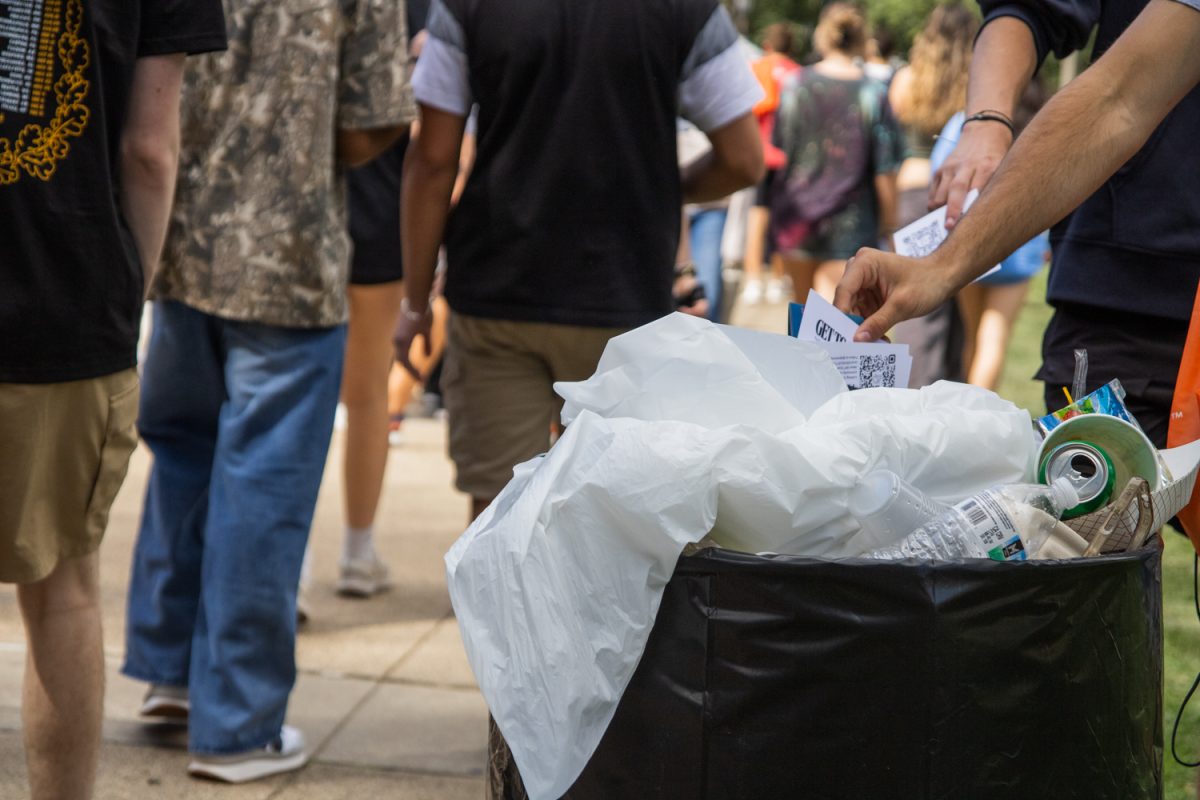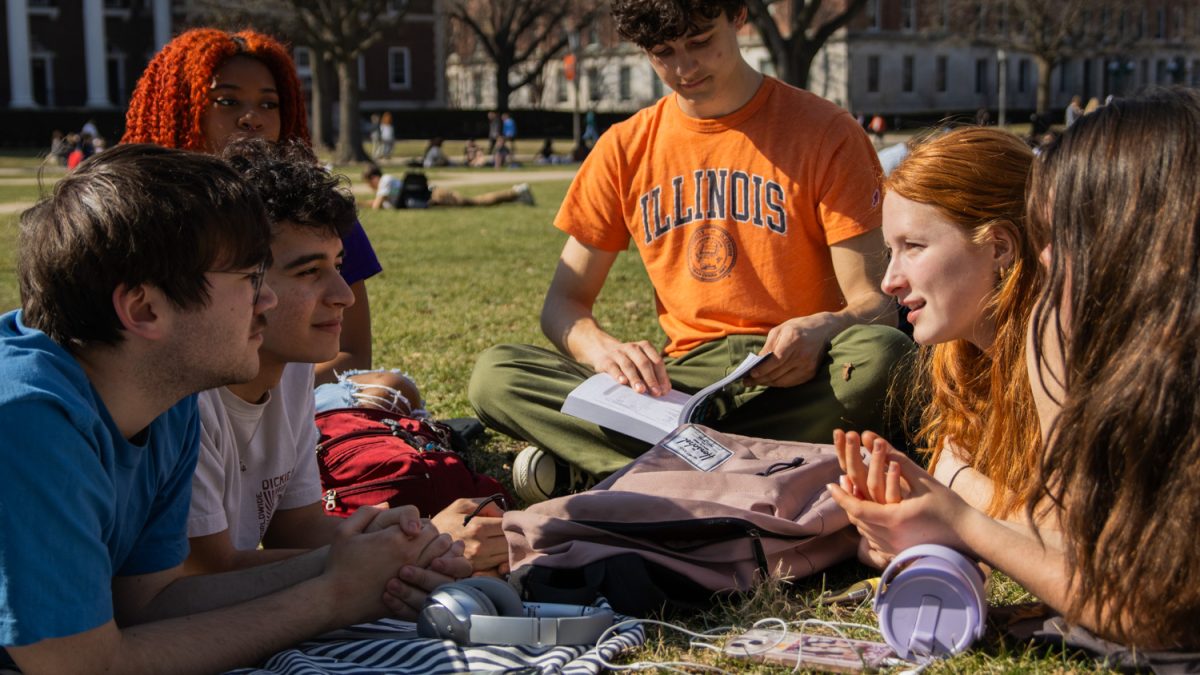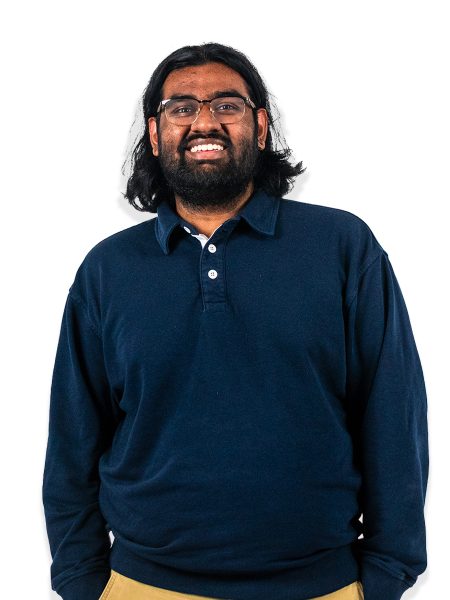You may have yet to hear of the University of Austin. Different from the University of Texas at Austin, UATX will welcome its inaugural class this fall. Exploring its website reveals a common theme: truth. The university reiterates across multiple pages that it will refuse to shy away from free speech, debate and the supposedly ever-elusive truth.
If you’ve kept up with the news in recent years, this might sound familiar. Elon Musk cited these same reasons for his takeover of X, formerly known as Twitter. And even before that, “free speech” has been the call of conservative pundits around the globe when confronted with certain liberal ideologies.
At its core, the call for free speech seems genuine. After all, who in our country doesn’t love giving their two cents on the latest tragedy or controversy? We gain much more perspective from a democracy where people are free to express their opinions.
But those who call for free speech don’t seem to understand the term. Musk has recently labeled “cis” and “cisgender” as slurs on X, and using these terms could lead to a ban from the platform. While that may seem positive — who wants to see slurs on social media? —, the same can’t be said for other slurs, which have increased in usage ever since Musk’s takeover.
And UATX isn’t immune from this issue. An essay by Noah Rawlings in “The New Inquiry” details his experience in summer courses at the university and the strange ways in which “free speech” was established. Yet, shockingly enough, Rawlings mentions that there was very little debate. Speakers were, more or less, fully conservative, with no sign of anyone on the left of the political spectrum in the university.
Get The Daily Illini in your inbox!
Without proper debate, these guests appeared fairly unchecked. Rawlings describes how statements made during these large addresses ranged from how liberals canceled comedy to admitting that it would be better to punish someone for the color of their skin than for their parent’s crimes. Without debate, strange and dangerous thoughts are allowed to grow without check.
Spaces like these appear to be physical echo chambers, a term more commonly used for social media algorithms that only confirm a user’s bias since they only see articles tailored to that opinion. But rather than a computer system confirming this bias, universities like UATX will rely on a large faculty and student body that do the same for any incoming students.
Of course, anyone can be in an echo chamber. The same could be said for liberal students at more left-leaning institutions. When your opinion is constantly confirmed, there is little debate to be had.
But there’s a difference between confirming certain ideologies and confirming hate-sponsoring rhetoric. And if your new design for a social media platform causes an increase in slur usage, you might get a sense of where you land.
This gets especially dangerous in places like UATX. If you come into a conservative school as a conservative, you only learn to follow those ideals more. And for those looking to create their own echo chambers in the workforce, UATX provides the perfect pick of students who are confirmed to have certain political ideals. As Rawlings notes, conservative billionaires are some of the biggest donors to the school, which only confirms this theory.
Free speech and freedom of thought have become dangerous terms that do little to create debate. Instead, they silence certain opinions by disregarding them entirely, focusing only on the opinions that people have been criticized for.
If we want a campus that truly allows for free speech, students have to be willing to respect their fellow students and every opinion they hear. Debate means conversation, not plugging your ears until the other side stops.
While UATX’s success remains to be seen, echo chambers like it are only on the rise. Students should be careful to avoid them if they truly want to think freely.
Amartya is a freshman in LAS.












